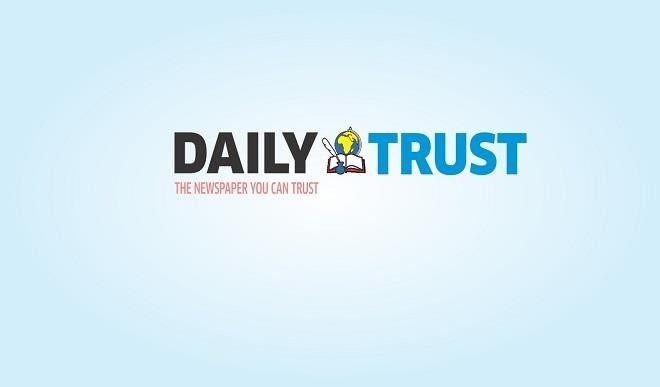Lessons from the Facebook-Cambridge Analytica scandal
Let’s examine a few implications of the recent scandal by Facebook and Cambridge Analytica, with a focus on the lessons that should have been learned, especially for the targeted country Nigeria. Although the decision of a Nigerian is probably less likely to be dictated by fake news compared to a person in a typical Western […]


Let’s examine a few implications of the recent scandal by Facebook and Cambridge Analytica, with a focus on the lessons that should have been learned, especially for the targeted country Nigeria. Although the decision of a Nigerian is probably less likely to be dictated by fake news compared to a person in a typical Western country, the recent event is nevertheless a wakeup call. I will itemize the lessons that should have been learned from the Facebook/Cambridge Analytica episode.
Developing countries are having first-world problems: Who would have thought that elections in Nigeria or Kenya would attract the same kinds of misinformation campaign that reportedly occurred in the Brexit vote or the 2016 U.S. presidential elections? These global operators are after the money, and so they will go wherever the money is – London, New York, or Lagos. This situation forces governments even in relatively poor countries to maintain top-notch cyber and human intelligence portfolio. As long as there are humans on earth, there will always be rogues. And, by the way, these rogues could come in various forms – such as lone- or group-operators, or as seemingly legitimate and respectable conglomerates.
Re-assess the value of Social Media to you: This is as true for individuals as it is for governments. For example, despite my interest and profound investment in technology for the past several decades, I have never maintained a Facebook page! I also do not Tweet, and I have no LinkedIn page. This is simply because, despite the hype, these platforms are absolutely of little value to me. Yes, you can share photos, happenings, and/or your resume in these platforms; but when push comes to shove, there are better ways to communicate. Instant gratification can be very tempting, but there is tremendous value in being disciplined and learning to wait. On the flip side, there are reported psychological problems especially for young people that are traceable to the use of Facebook. The idea here is that, for me, the benefits fall short of the value addition. The information you share on Facebook will be around for generations to come – perhaps forever – and will be owned by Facebook, its future owners, or the entities that the company sells your data to. You do need to know what you are getting yourself and your family into long-term when you decide to hand over your life data to these platforms. Facebook and other social media platforms are aggressively harvesting and guarding your data for their own benefit. Why should you help them accomplish this by making it so easy for them to do?
Governments can’t be using public email systems: As a component of guarding government data, government officials cannot be using gmail.com, yahoo.com, outlook.com, etc. to conduct official business. There is a reason why many U.S. government parastatals do not use email messaging at all for official business – not even on government servers. For example, if you want to communicate with the Internal Revenue Service of the U.S., you have to call them up on the phone or send a letter. You cannot send an email to them, as convenient and fast as email messaging is. I am afraid some discipline is called for here. This certainly implies that things will not always go as fast as they could, simply because of the bad guys. In addition to not conducting government businesses on public IT platforms, government officials also represent serious security risks for governments when they use public platforms even for their own presumably private affairs. The fact is that official matters easily seep into presumably private communications.
Governments cannot afford to place IT on the backburner anymore: Cyberwarfare is real and governments need to be prepared. In today’s IT landscape, with the widespread adoption, a poorly prepared government can be wiped out in a matter of a few cyber episodes. Thus, governments need to recognize the potency of cyberwarfare and fortify themselves appropriately. This is easier said than done, since, in practice, many MDAs might be headed by people who are challenged in terms of their skill set.
Galaxy PLC needs a big boost: The idea of Galaxy PLC being the one-stop Internet infrastructure house for most of the government’s connectivity needs is a great one. However, Galaxy needs a big boost from the Nigerian government, to make it up-to-date, robust, capable, and competitive with any similar platforms elsewhere. Unfortunately, in its present state, Galaxy is challenged in more ways than one. Even if the management is capable, the infrastructure is a totally different matter. I remember seeing a farm of batteries when I visited the enterprise some years back. The batteries were intended as backup for power failure. That is, the country’s ability to capitalize on its potential knowhow is constantly being undermined by the lack of stable power supply.
As you probably know, Facebook and the social media platforms from the West are banned in China. One might ask: “Is China now vindicated in light of the events of recent weeks?
